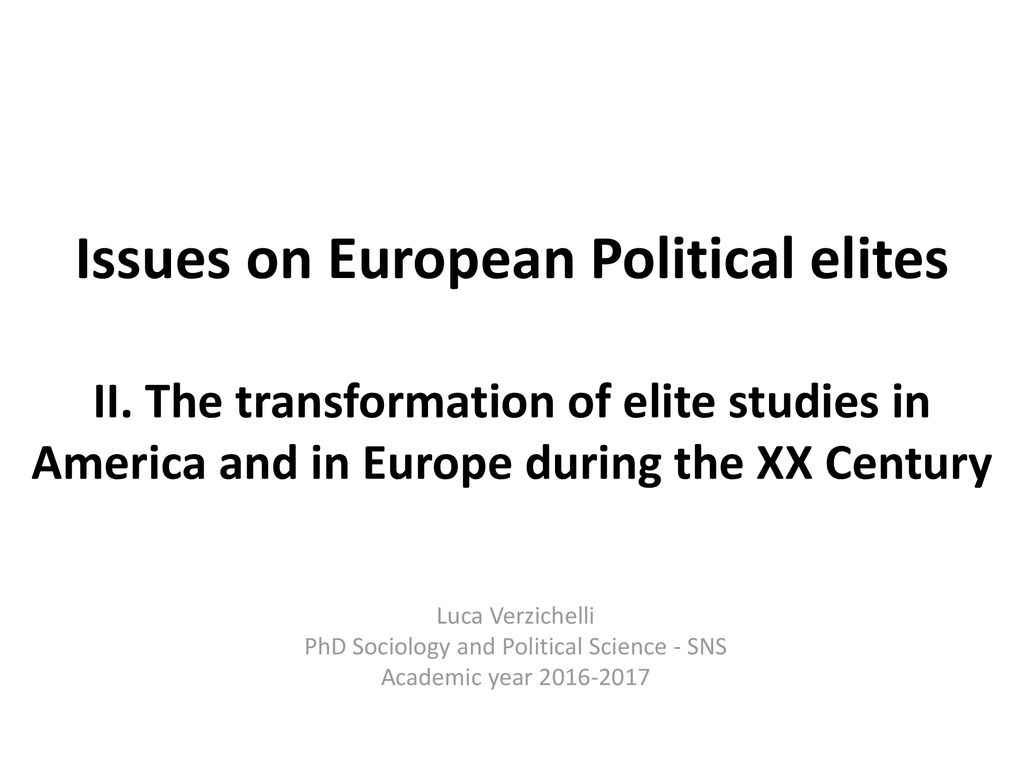In the social sciences, the twentieth century continued to question its inheritance of faith in the basic reasonableness and goodness of human nature. In fact, some social scientists found the term human nature to be so all-embracing as to make no sense.
The specific programs and values of twentieth-century thinkers in this broad field were very varied. Yet most of them had a sense of the subtlety, the complexities, the delicacy—and the toughness and durability—of the forces that bind human beings together in society but also hold them apart.
In the work of many different sociologists—the German Max Weber (1864-1920), the Frenchman Emile Durkheim (1858-1917), the Italian Vilfredo Pareto (1848-1923), and others—there was a common aim to study humanity in society “objectively” and still give full place to the role of the subjective and non-rational in human life, separating the rational from the non-rational in human actions.
As is often the case with bodies of intellectual writing, there was a delay in impact, and the influence of these three thinkers, though clear in the years between the two world wars, was perhaps greatest during and after World War II.
What interested Pareto, for example, was the kind of action that is expressed in words, ritual, symbolism of some kind. For example, if wool socks for cold weather are bought deliberately to get the best socks at a price the buyer can afford, that is a rational action in accord with self-interest; it is the kind of action the economist can study statistically.
If, however, they are bought because the buyer thinks wool is “natural” (as contrasted with synthetic fibers), or because the buyer finds snob value in imported English socks, or because the buyer wants to help bring sheep-raising back to Vermont, then the buyer has moved into a field less “rational” than that of price.
The practical economist will still study marketing and consumer demand, but will have to cope with many complex psychological variables. In such situations, behavior becomes the subject of study. In time behavioralism would dominate much of the study of politics (now called political science), as well as aspects of psychology, economics, and medicine.

